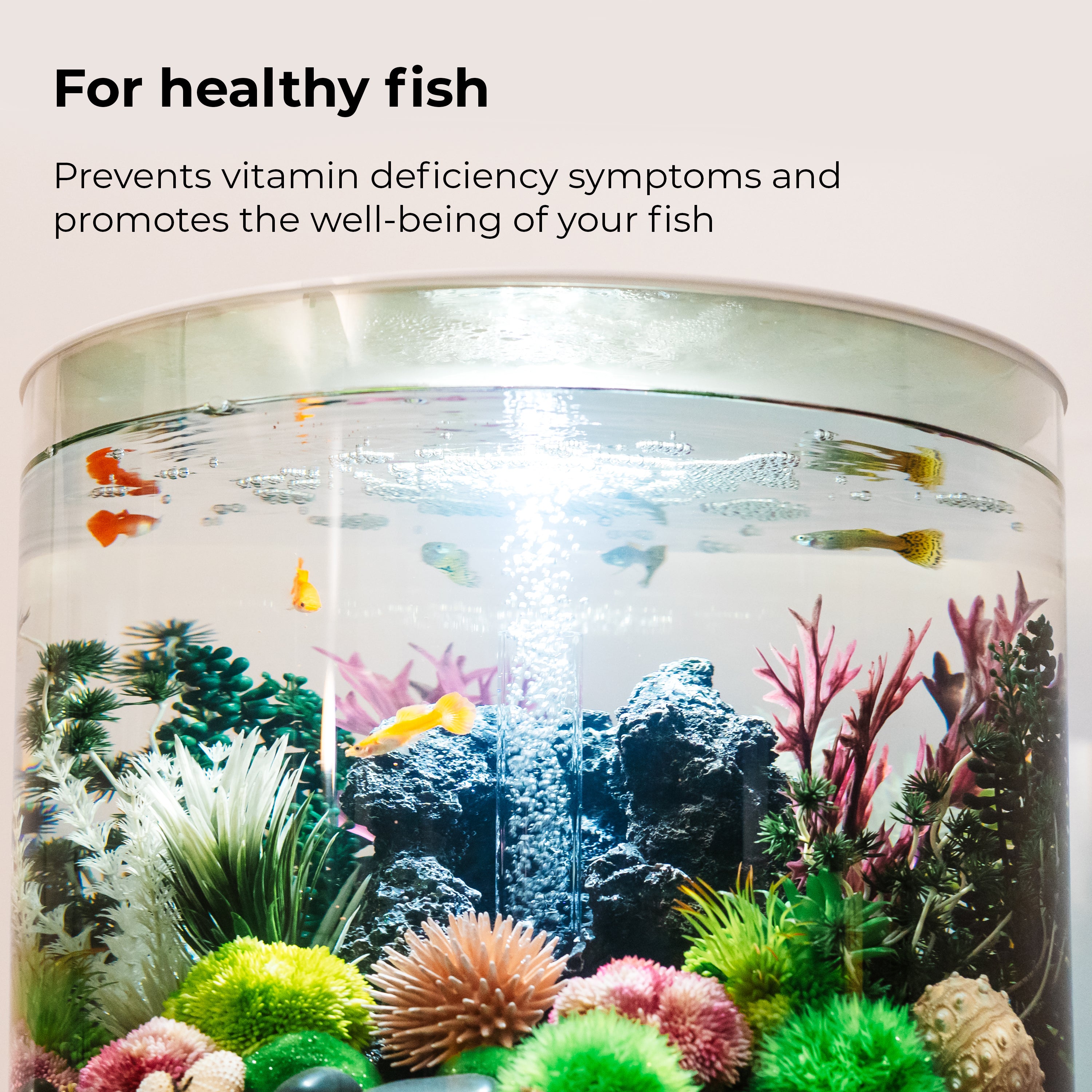Viva Resa: Your Gateway to Insightful Living
Discover news, trends, and tips for a vibrant lifestyle.
Fishy Business: Secrets to Keeping Your Aquarium Thriving
Dive into the secrets of a thriving aquarium! Unlock expert tips and tricks to keep your fish happy and your tank sparkling!
Top 10 Tips for Maintaining Water Quality in Your Aquarium
Maintaining optimal water quality in your aquarium is crucial for the health and well-being of your aquatic inhabitants. Here are top tips to ensure your aquarium's water remains pristine:
- Regularly test your water parameters, including pH, ammonia, nitrite, and nitrate levels. Devices like test kits are invaluable.
- Change 10-15% of your aquarium water weekly to remove toxins and replenish essential minerals.
- Utilize a quality filtration system that suits the size of your aquarium, ensuring proper flow and filtration.
- Feed your fish only what they can consume in a few minutes to prevent excess waste.
- Avoid overcrowding your tank; follow the one-inch fish per gallon rule.
Additionally, it’s important to minimize stress on your aquatic life:
- Use a suitable water conditioner to remove harmful chemicals from tap water.
- Implement a regular cleaning schedule, using an aquarium vacuum to remove debris from the substrate.
- Encourage stable water temperature by investing in a reliable heater or cooler based on the species you keep.
- Monitor for signs of waterborne diseases, and quarantine new arrivals before introducing them to your main tank.
- Stay informed on the specific needs of your fish and plants by checking resources like the Aquarium Today.

Common Fish Diseases: Prevention and Treatment Guide
Common fish diseases can significantly impact the health and well-being of your aquatic pets. Understanding these diseases is crucial for preventing outbreaks in your aquarium. Some of the most common fish diseases include ich, fin rot, and dropsy. These conditions can arise due to poor water quality, stress, or lack of proper nutrition. To help prevent these diseases, it's essential to maintain clean water conditions, perform regular water changes, and ensure your fish are not overcrowded. Avoid adding new fish to your tank without proper quarantine to avert the transmission of illnesses.
When it comes to treating fish diseases, early detection and intervention are critical. If you notice symptoms like clamped fins, unusual swimming patterns, or discoloration, it’s vital to act swiftly. For instance, ich can often be treated with medications specifically designed to eliminate parasites. Fin rot may require improved water conditions and possibly some antibacterial treatments. Additionally, using medications as per the manufacturer's instructions can help manage outbreaks effectively. Remember to monitor the health of your fish regularly and consult a veterinarian or aquatics specialist when in doubt.
How to Choose the Right Fish for Your Freshwater Tank
Choosing the right fish for your freshwater tank is crucial for maintaining a healthy and vibrant aquatic environment. Start by assessing the tank size, as this will dictate the number and type of fish you can comfortably keep. Each species has specific space requirements, so it’s essential to select fish that will thrive in your available aquatic space. Research the characteristics of various species, including their typical adult size, temperament, and compatibility with other fish. Moreover, consider the water parameters—such as pH, temperature, and hardness— to ensure selected fish can adapt to your tank's conditions.
After narrowing down your options, think about how to create a harmonious community within your tank. Community tanks are popular choices for many aquarists, so look for fish that are compatible in terms of size and behavior. For example, small, peaceful species like Neon Tetras or GloFish can be excellent choices, whereas larger, more aggressive fish may require more care to prevent conflicts. Always keep in mind that introducing new fish to an established tank should be done gradually to avoid stressing the ecosystem. By carefully considering these factors, you can create a thriving and visually appealing freshwater aquarium.